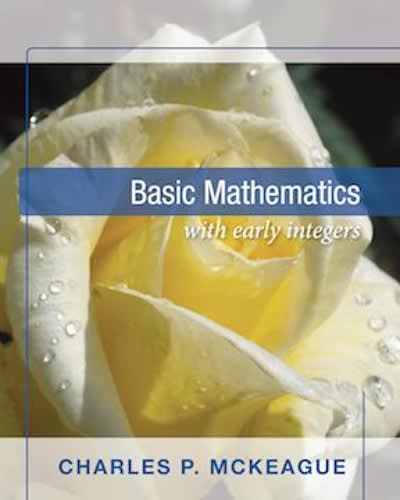Question
Description The goal of this culminating statistics project is to identify the factors that might have some influence on a chosen topic/variable.You will be collecting
Description
The goal of this culminating statistics project is to identify the factors that might have some influence on a chosen topic/variable.You will be collecting and analysing data for three different variables using a secondary source.There will be one dependent variable and two independent variables for whichdata will be needed.
For example, what are the factors that affect climate change?If climate change was your dependent variable, what could you pick for your independent variable? You will choose 2factors that will create models that you can compare, to see if you can find a high correlation.Your final report and summary presentation will include the following sections.
Dependent Variable: Supply and demand of labour?
Independent Variables:
- A group of individuals who are eligible?
- Demographic shifts have happened as a result of globalization?
TASK:
Section 1
Conclusions from linear models:Make conclusions from the two variable analysis taking into consideration the removal of points that are far from the line of best fit.Discuss the overall impact, if any,that the independent variables have on the dependent variable.
Section 2
Areas for improvement and recommendations for further exploration:Identify the areas of improvement in your study.If you had more time and resources, what are you still curious about that you may want to pursue further.Identify the possible biases in your investigation and overall how confident you are with your conclusions.
Note:It is perfectly fine to say that the conclusions come with many red flags and should merely be used to begin a discussion on further studies.
DATA:

Step by Step Solution
There are 3 Steps involved in it
Step: 1

Get Instant Access to Expert-Tailored Solutions
See step-by-step solutions with expert insights and AI powered tools for academic success
Step: 2

Step: 3

Ace Your Homework with AI
Get the answers you need in no time with our AI-driven, step-by-step assistance
Get Started


